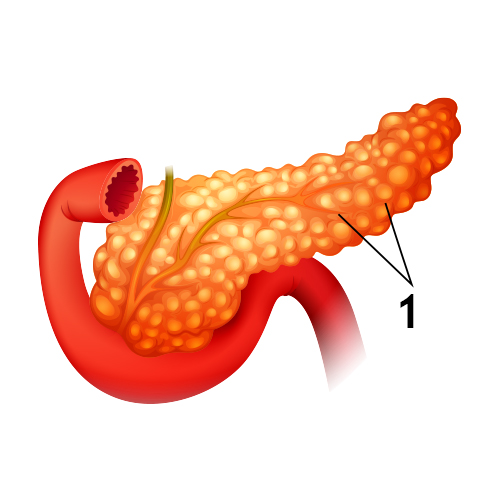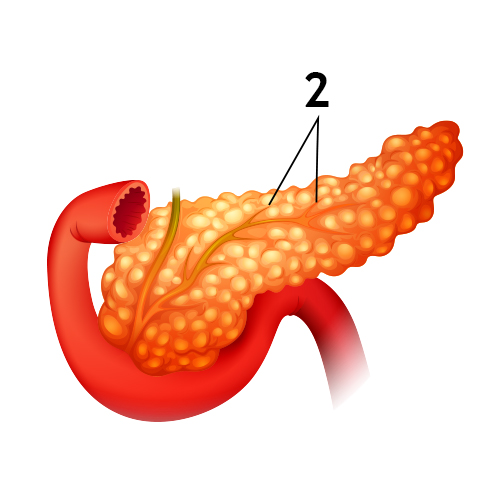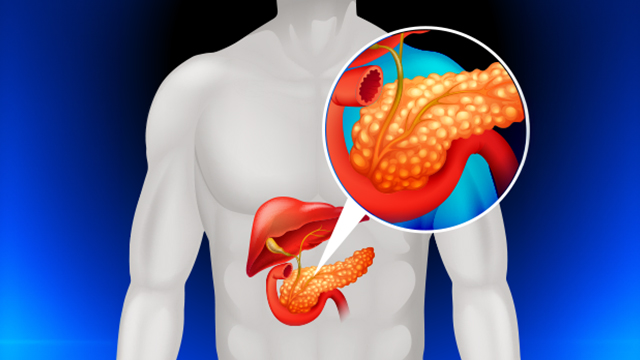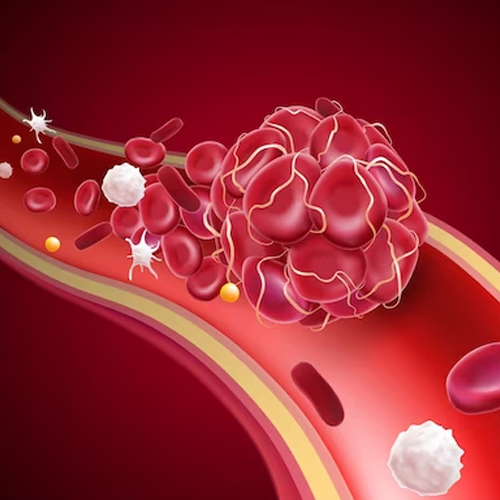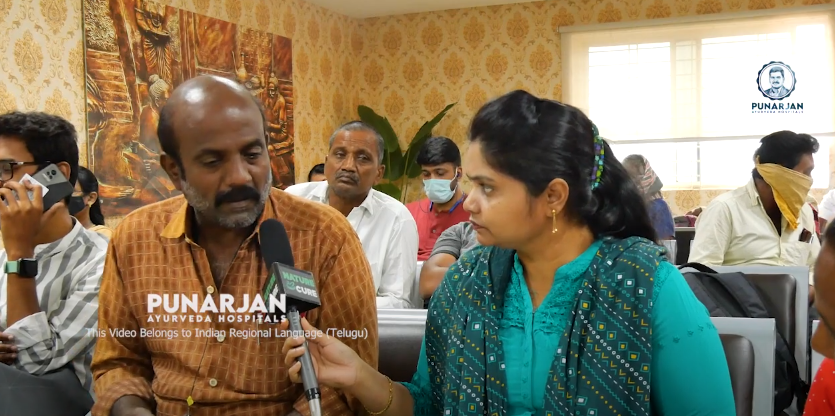The treatment of pancreatic cancer varies based on the stage, extent of spread and symptoms.
Stage I and II: Localized Pancreatic Cancer
Surgery is often considered as the primary approach that aims at complete tumor removal. The Whipple procedure, or pancreatoduodenectomy, may be performed to excise tumors in the head of the pancreas. In some cases, distal pancreatectomy addresses tumors in the body or tail. Adjuvant therapies, like chemotherapy or radiation, may follow surgery to target any remaining cancer cells and reduce the risk of recurrence.
Stage III: Locally Advanced Pancreatic Cancer
For cases where the pancreatic cancer has spread to nearby blood vessels but remains localized, a combination of chemotherapy and radiation therapy is commonly recommended by the Oncology experts. This approach aims to shrink pancreatic tumors, facilitating potential surgical intervention.
Stage IV: Advanced or Metastatic Pancreatic Cancer
At this stage, the pancreatic cancer might have already spread to distant organs. The treatment modalities may include:
- Palliative chemotherapy
- Targeted therapies
- Immunotherapy
These treatment methods essentially focus on managing symptoms and improving the quality of life.
